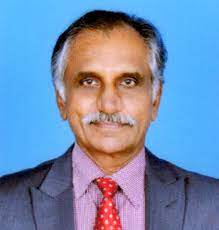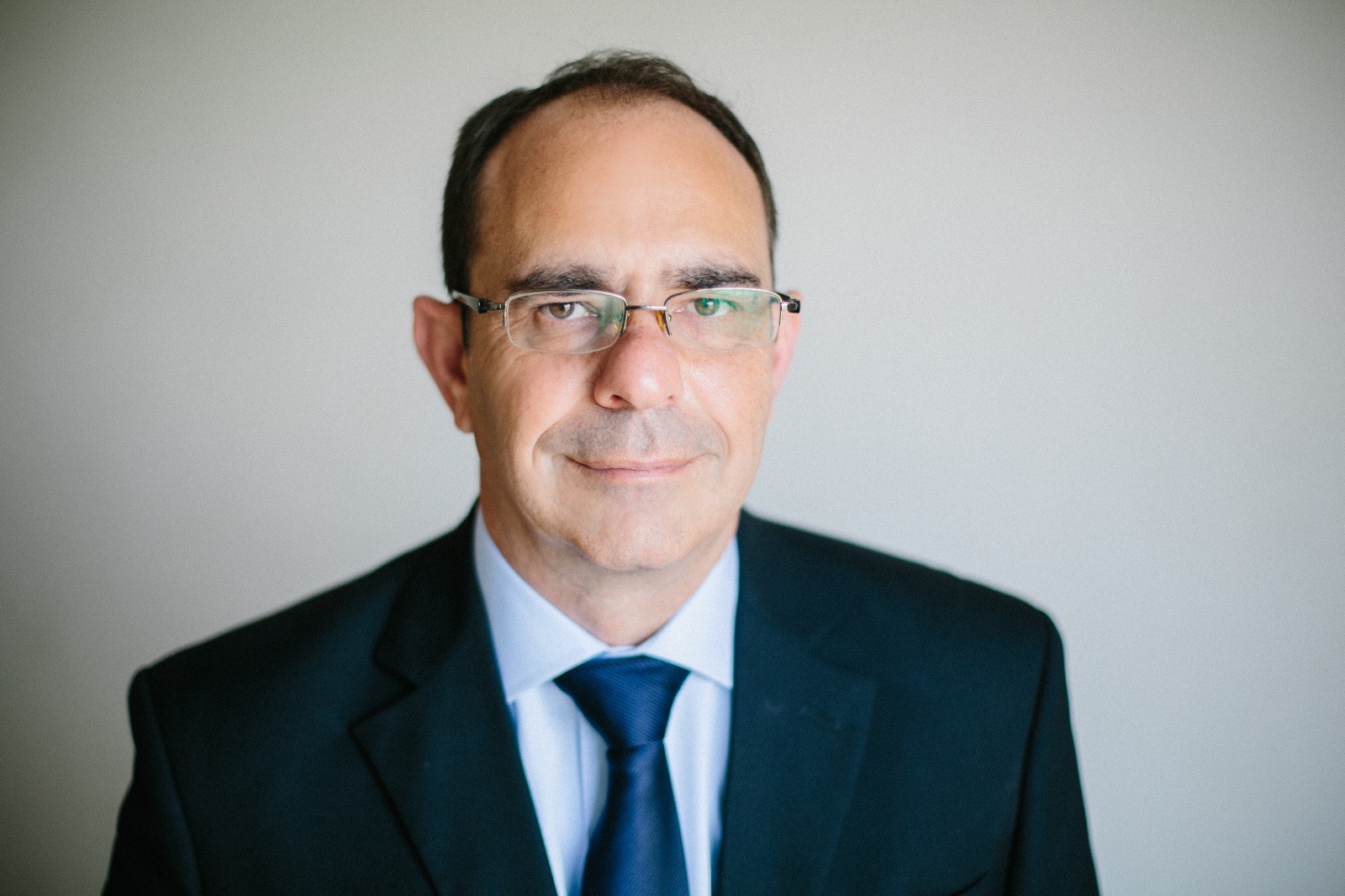Following the October 7th attack, you outlined Hamas’s five-layered strategy, one of which involves underground tunnels—constructed over decades to ensure mobility and protection against the IDF during a ground invasion. Given Israel’s highly regarded intelligence agency, Mossad and its close cooperation with the CIA, how was such an attack possible? Would you characterise this as an intelligence failure or as an underestimation of Hamas’s capabilities?
The underground system was known about in general. As it was viewed as a challenging operational capability, the policy was to avoid the option of having to enter and fight in the Gaza strip. The challenge of underground capabilities is true of all militaries, and Israel even after two years of fighting in this arena has not “solved” it. This capability was not underestimated, rather understood that the best way to contend with it – was to avoid it. In an ironic way no Hamas terrorists entered by the tunnels in their attack, because of the effective technological elements Israel places against the tunnels in Israeli territory. That did not in any way stop their entry from above ground via the wall and the air and the sea on October 7th.
You have described the IDF operation in central Gaza as “a very important step.” However, some analysts contend that its consequences have increased global anti-Israel sentiment and brought the Palestinian issue back to the forefront of international discussion, which some suggest may align with Hamas’s objectives. With allegations of genocide and, for the first time in Israel’s history, an ICC arrest warrant issued against a sitting Prime Minister, some observers argue that Israel is now diplomatically isolated and losing allies. What is your perspective on this assessment?
The war Hamas started is not over. There is no nice way to wage a war against the defence system that the Hamas terror army built over decades. Israel’s failure on October 7th is multi layered. However the war started by Hamas included their reliance on what they built. Israel after the attack, the taking of hostages – has systematically acted against those defences. As there is no tactic that just erases those defences – you have to attack them. Israel chose to do so, and it took two years to bring back the last twenty live hostages. The diplomatic international campaign was one of the Hmas’s layers of defence. I would say after two years that the Hamas’s biggest success is in legitimizing a terror army. The implications of this goes way beyond the Israeli Palestinian arena.
Regarding President Trump’s recent peace plan—which has been seen as keeping the conflict within a spectrum of near-peace and near-war—many point out that disarming Hamas is an unrealistic objective. As a military expert, how do you assess these international efforts to dismantle terror networks in Gaza? Do you see greater potential for escalation or for reconciliation?
Escalation and reconciliation are not on the same scale. Hamas continues to call for the destruction of Israel, not connected to their success or failure in the war they started. I do not see the international community disarming Hamas, I do see them encouraging alternative leadership that may not be focused on the destruction of Israel and focus on the future of the Gazans and the Palestinians. Reconciliation is not yet on the table for this conflict.
In view of the ongoing conflict with Hamas, one might say that Israel achieved a military victory. However, in another sense, Hamas’s goal of returning the Palestinian issue to the global agenda has also succeeded after October 7th. Symbolically, it appears Hamas has sent a message to jihadist—that dramatic actions against the Jewish people can attract international attention to their cause. Your thoughts?
The last two years showed the effectiveness of disseminating horrific disinformation on behalf of a cause. The extreme rhetoric, the recruitment to a cause, the education to dehumanize – all part of the DNA of terror armies – has sadly been strengthened by the legitimizing of the Hamas terror army. The immediate change in the situation of Jews worldwide – brought back dormant antisemitic memes that have changed the situation of Jews everywhere. We all need to address the implications of what this will do in the Jihadist extreme world.
Given your more than 20 years of service in safeguarding the State of Israel, what is your perspective on the viability of a two-state solution for Palestine?
Instead of approaching it as problem with a solution, this issue could be addressed with steps to resolve the violence and take steps from there. The existence of Israel does not deny a Palestinian state. Trying to equalize it – Make Palestine next to Israel in an “instant manner” let alone with the vocal calls for Palestine instead of Israel – will not bring any viable steps. The bulk of Israelis do not want to rule over the Palestinians, they also do not want to help establish a state that will like Gaza under Hamas call for Israel’s destruction.
Miri Eisin is an internationally recognized expert on intelligence, security, and the geopolitical landscape of the Middle East. A retired colonel in the Israel Defense Forces (IDF), she served for more than 20 years in a range of high-profile intelligence and operational roles, including as foreign media adviser to Prime Minister Ehud Olmert in 2006.
During her service in the IDF she held positions such as intelligence officer of a regional border brigade, intelligence officer of the Israeli Airborne Division, and assistant to the Director of Military Intelligence. As a full colonel, she served as Deputy Head of the Combat Intelligence Corps. In all her positions she was the first woman to serve in such a capacity.
Since retiring, Eisin has continued to lecture at Reichman University, Tel Aviv University, and at institutions around the world. She is a founding member of the Deborah Forum (Women in National Security) and serves on the boards of Cyberwell (which combats online antisemitism) and Alma, a research center in the Galilee. She is also Chair of the Taub Center for Social Policy Studies in Israel.




